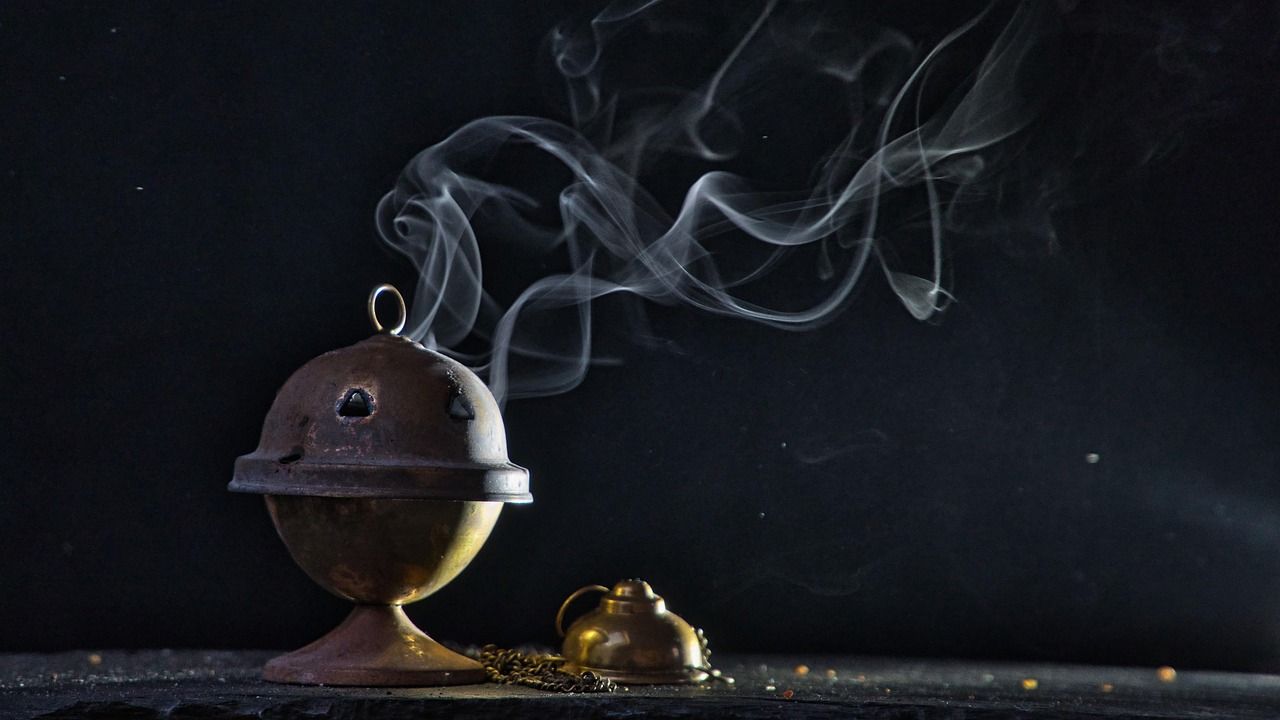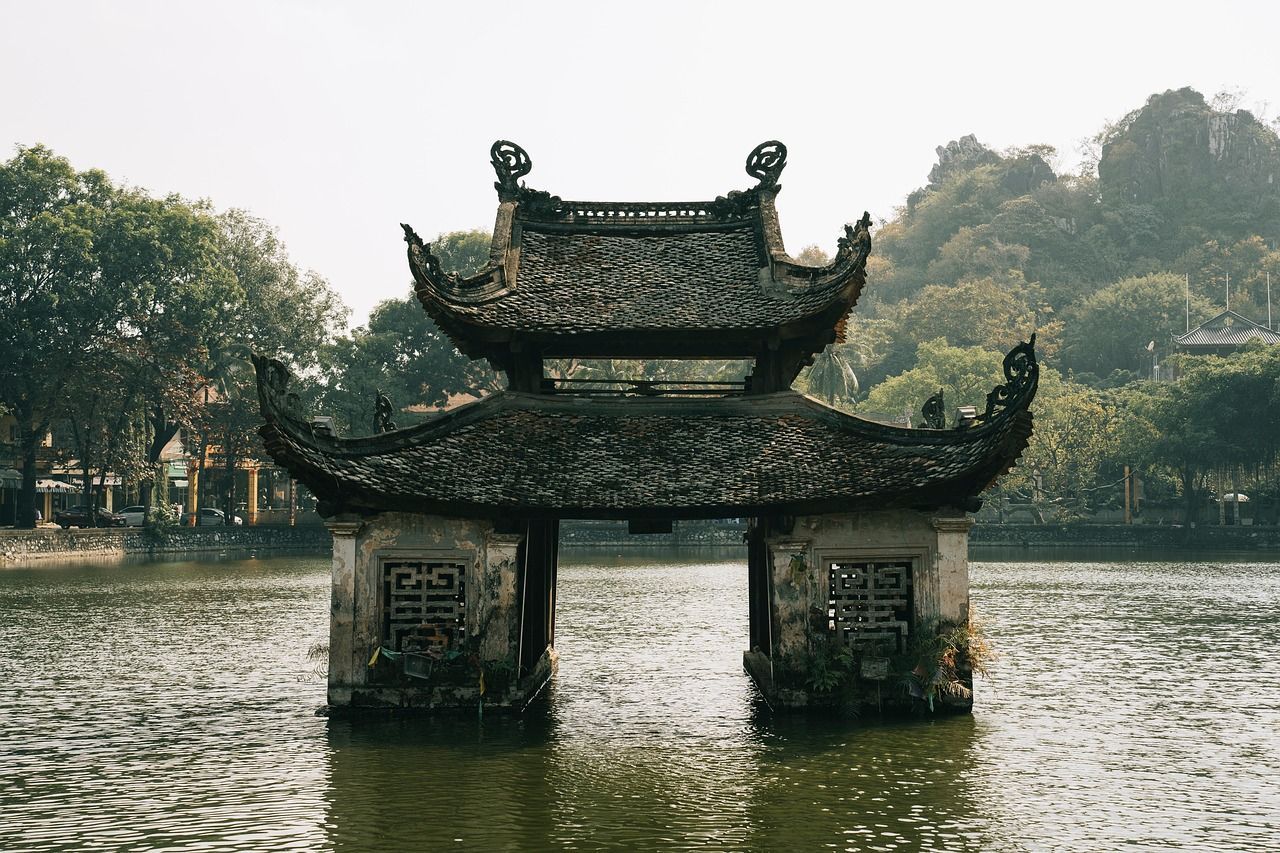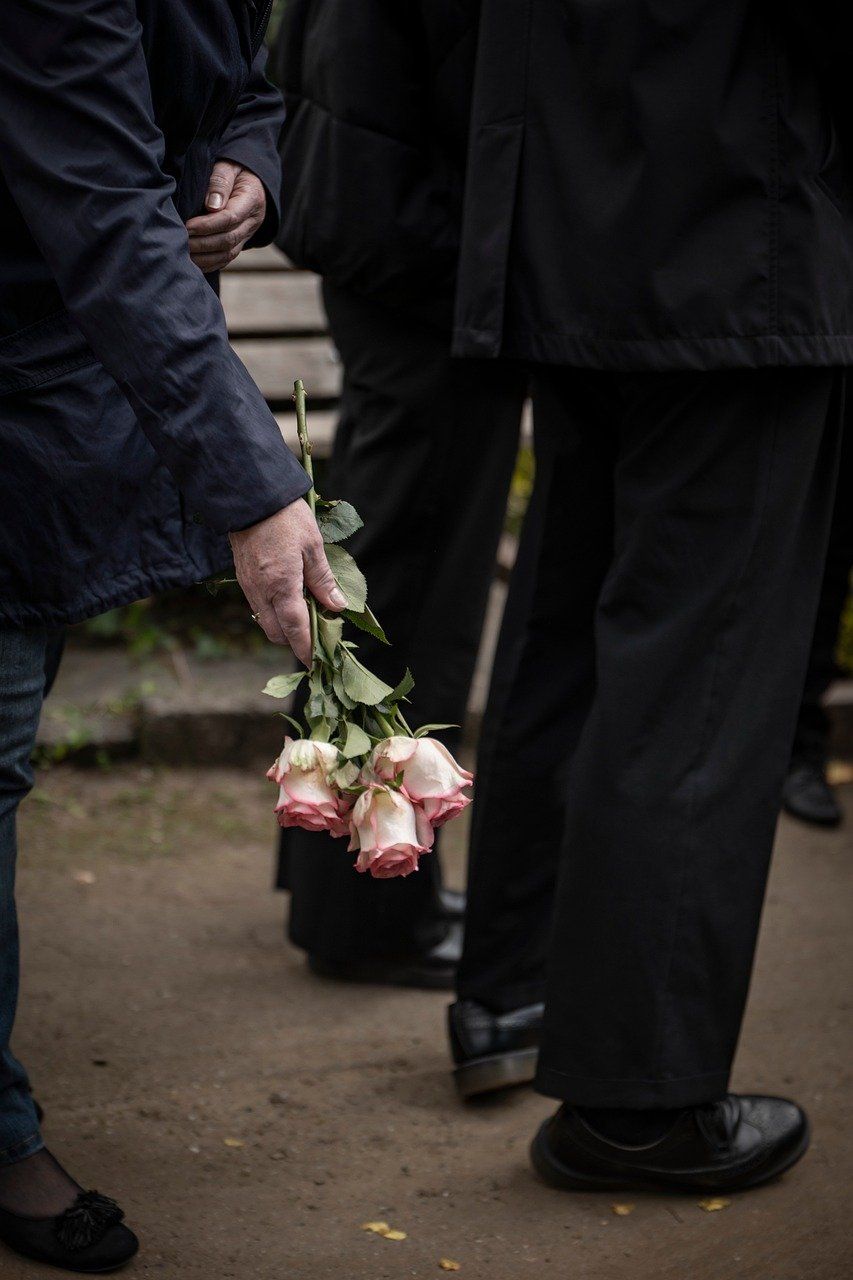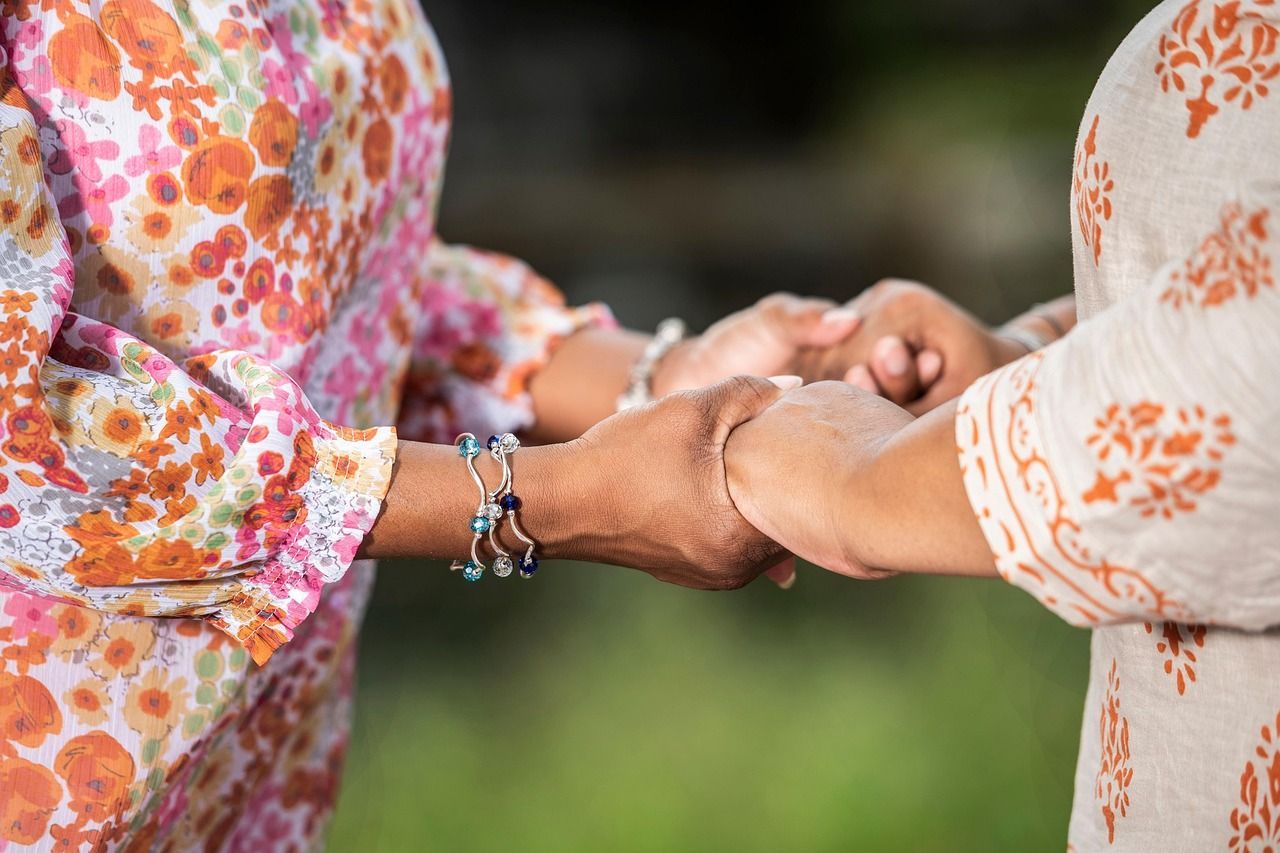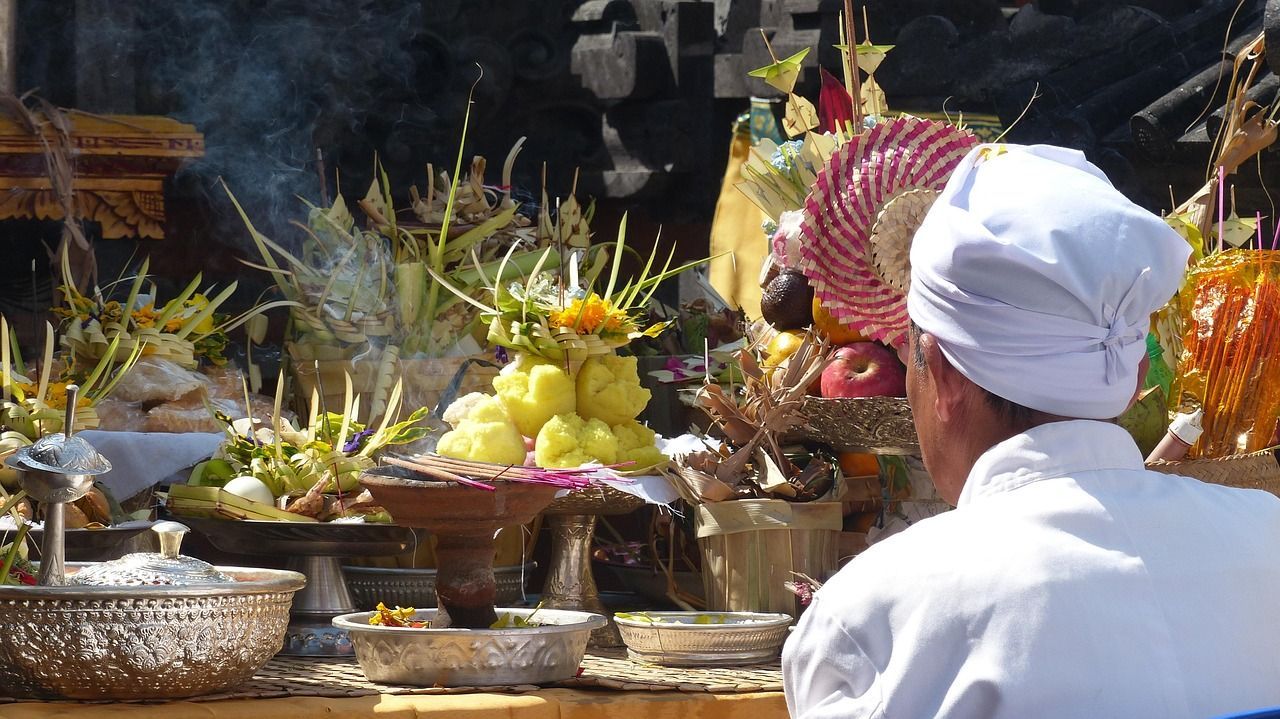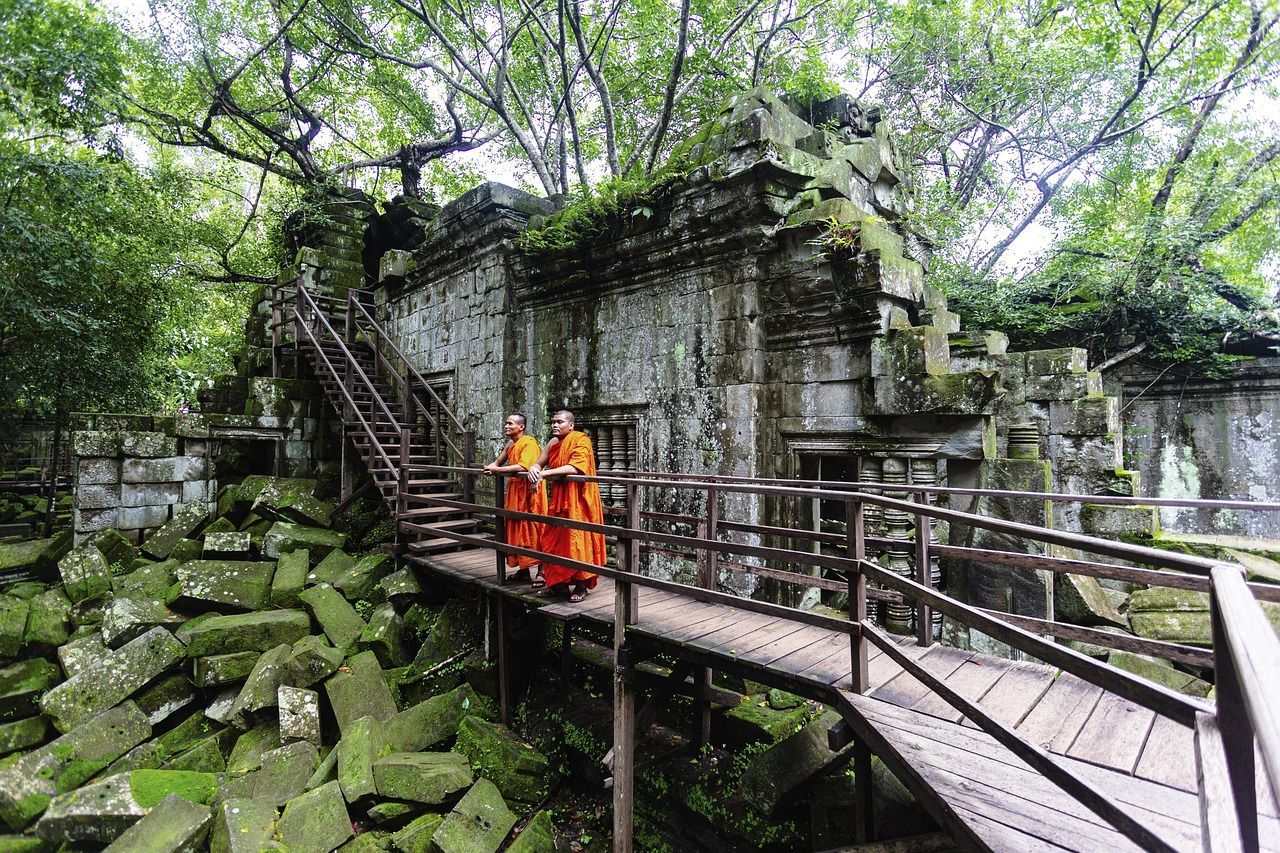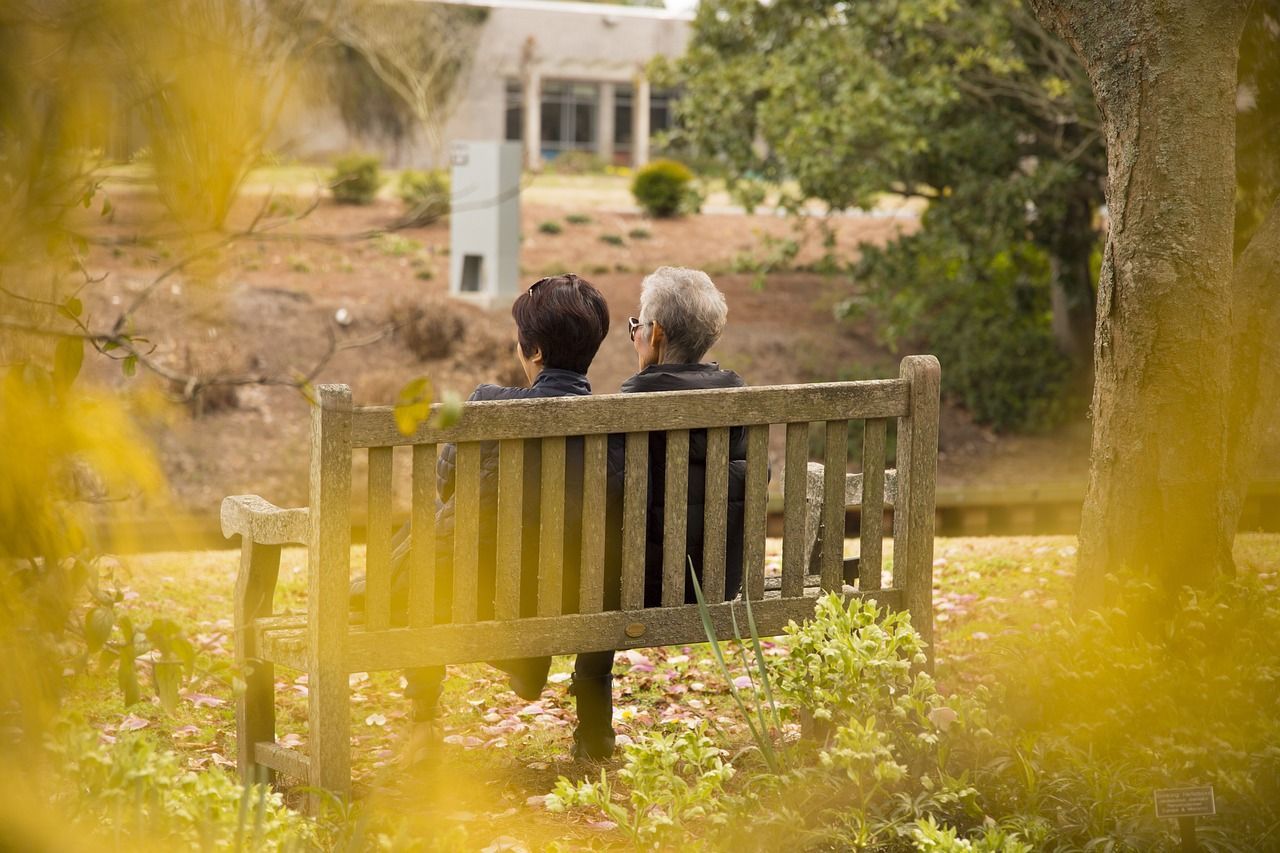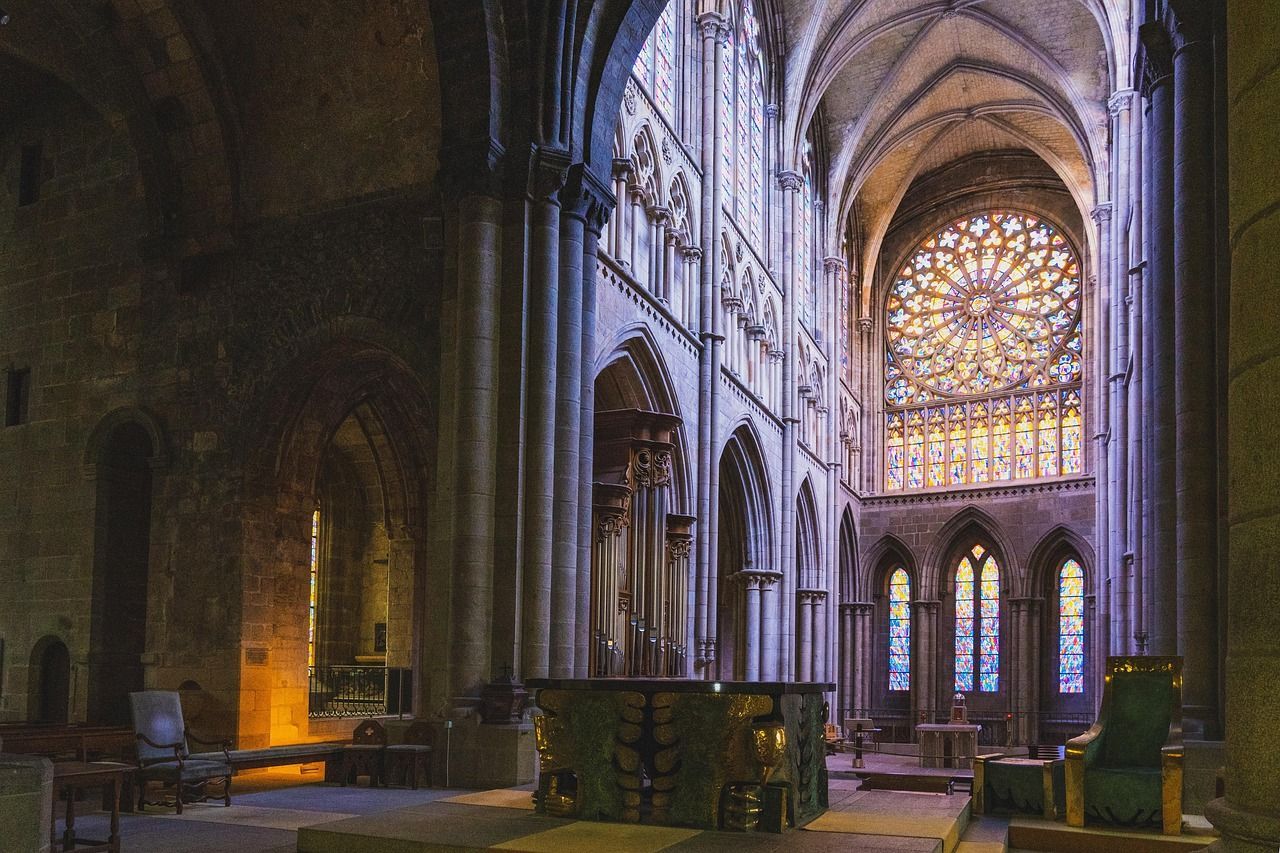The Importance of Honoring Cultural Traditions in Funeral Services
Honoring cultural traditions in funeral services is vital for acknowledging diverse beliefs, values, and identities, offering solace, meaning, and closure amidst loss. Respecting the unique customs and rituals reflects a deep understanding and appreciation of various cultural backgrounds, promoting inclusivity and reverence. By incorporating traditional practices, you guarantee a personalized and supportive environment that honors the deceased's heritage and fosters community solidarity. These authentic cultural tributes not only offer comfort but also help in traversing grief with significance and respect. Embracing this depth of tradition enriches the funeral involvement for all engaged.
Key Takeaways
- Enrich funeral services with diverse traditions and beliefs.
- Provide comfort and closure through personalized cultural rituals.
- Celebrate the deceased's heritage with appropriate tributes.
- Ensure authenticity and respect in cultural ceremonies.
- Foster healing and community support through meaningful customs.
Cultural Diversity in Funeral Services
Explore how cultural diversity enriches the fabric of funeral services, reflecting the unique traditions and beliefs of different communities. Cultural sensitivity plays an essential role in honoring diverse customs and practices when arranging funeral ceremonies. Understanding traditions from various cultural backgrounds allows funeral service providers to create personalized ceremonies that resonate with each family's specific needs and preferences. By embracing global perspectives, funeral services can cater to a wide range of cultural practices, ensuring inclusivity and respect for all beliefs.
Community involvement is vital in incorporating cultural diversity into funeral services. Engaging with local communities and cultural groups can provide valuable insights into their funeral traditions and help tailor services accordingly. This collaborative approach fosters a sense of unity and understanding, enriching the overall funeral experience for families of diverse cultural backgrounds.
In essence, the integration of cultural diversity in funeral services goes beyond mere accommodation; it embodies a profound respect for the varied traditions that shape our communities. By approaching funeral ceremonies with cultural sensitivity, personalized care, and a commitment to understanding different cultural practices, funeral service providers can create meaningful and inclusive experiences that honor the rich variety of cultural diversity present in our society.
Significance of Traditional Rituals
Understanding the deep-rooted importance of traditional rituals in funeral ceremonies is crucial for honoring cultural heritage and providing meaningful support to grieving families. These rituals hold significant cultural significance, playing a pivotal role in preserving traditions and customs that have been passed down through generations.
Here are four reasons why traditional rituals are indispensable in funeral services:
1. Cultural Significance: Traditional rituals are a representation of a community's beliefs, values, and history. They serve as a connection to the past and a way to maintain cultural identity during times of loss.
2. Ritual Importance: Rituals provide structure and meaning to funeral ceremonies, offering a sense of order and familiarity in the midst of grief. They help individuals navigate the mourning process and find comfort in shared practices.
3. Traditional Customs:
These customs aren't just mere actions but are steeped in symbolism and significance. From specific prayers to ceremonial gestures, each tradition carries a profound meaning that enriches the funeral experience.
4. Heritage Honoring: By upholding traditional rituals, families pay tribute to their ancestors and the legacy they've inherited. It's a way of showing respect for those who came before and acknowledging the cultural foundations that shape their lives.
Embracing traditional rituals in funeral services not only honors the past but also provides a sense of community support and solidarity during a time of loss.
Comfort and Closure for Families
Finding solace and closure for families traversing the grieving process is a crucial aspect of honoring cultural traditions in funeral services. During these challenging times, providing personalized memorials tailored to reflect the unique life of your loved one can offer a sense of comfort and connection. Emotional support plays a pivotal role in navigating the waves of grief, and having a supportive community around you can make a significant difference. Cultural sensitivity is key in ensuring that the funeral service respects and honors the traditions and beliefs that hold meaning for your family.
Key Aspects Importance
|--------------------------------- |-------------------------------- |
Personalized memorials Reflect individuality
Emotional support Navigate grief
Cultural sensitivity Respect traditions
Community involvement Provide support
Ritual interpretation Understand significance|
Celebrating the Deceased's Heritage
To truly honor the memory of your loved one, celebrating their heritage in funeral services can provide a profound sense of connection and tribute. Embracing cultural sensitivity and incorporating elements of your family traditions can make the ceremony deeply meaningful.
Here's how you can guarantee the service reflects your loved one's heritage:
1. Cultural Sensitivity: Respect the subtleties of your loved one's culture by incorporating appropriate rituals, symbols, or prayers that hold significance within their heritage. This shows a genuine understanding and appreciation for their background.
2. Family Traditions: Integrate specific customs or practices that have been passed down through generations in your family. By upholding these traditions, you not only pay homage to your loved one but also strengthen the bonds within your family unit.
3. Heritage Preservation: Use the funeral service as an opportunity to preserve and showcase aspects of your loved one's heritage. This can include displaying cultural artifacts, playing traditional music, or serving authentic cuisine that reflects their background.
4. Personalized Ceremonies: Tailor the funeral service to reflect the unique personality and experiences of your loved one. Incorporating personal touches, such as sharing anecdotes or memories that highlight their cultural heritage, can make the ceremony more intimate and memorable.
Authentic Cultural Tributes
Honoring your loved one's cultural heritage through authentic tributes in funeral services can profoundly respect their legacy and create a meaningful commemoration. Cultural sensitivity plays an essential role in ensuring that the ceremonies are personalized and tailored to reflect the unique traditions and values of your loved one's cultural background.
By incorporating cultural awareness into the funeral service, you can honor their identity in a way that resonates with their beliefs and customs. Meaningful traditions passed down through generations can be integrated into the ceremony, providing a sense of continuity and connection to your loved one's roots.
Customized tributes, such as rituals, music, attire, or specific cultural symbols, can serve as powerful expressions of love and respect. These elements not only pay homage to your loved one's cultural heritage but also offer a sense of comfort and familiarity during a time of grief.
Embracing authentic cultural tributes in funeral services not only celebrates your loved one's life but also fosters a deeper understanding and appreciation of diverse traditions. It creates a space where their memory is honored in a way that's authentic and meaningful, leaving a lasting legacy that reflects the richness of their cultural background.
Healing Power of Customs
Exploring the customs tied to one's cultural heritage can offer profound healing and comfort during the mourning process, providing a sense of connection and solace in honoring your loved one's memory. Embracing these traditions can be a powerful tool in maneuvering the complex emotions that accompany loss.
Here are four ways in which the healing power of customs can positively impact your grieving process:
1. Personal Healing: Engaging in familiar rituals and customs can help you process grief on a personal level, allowing you to find moments of peace and reflection in the midst of sorrow.
2. Cultural Connections: By adhering to traditional practices, you strengthen your bond with your cultural roots, cultivating a sense of belonging and identity that can be especially comforting during times of loss.
3. Emotional Support: Participating in customs surrounded by loved ones can provide a supportive environment where you can lean on each other for strength and consolation, sharing the burden of grief together.
4. Community Unity: Through these shared rituals, communities come together to mourn collectively, reinforcing social ties and solidarity, creating a space where everyone can find solace in each other's presence.
Incorporating these symbolic gestures into your funeral services can serve as a guiding light amidst the darkness of grief, offering a path towards healing and honoring the memory of your loved one.
Respect for Diverse Beliefs
Showing respect for various beliefs in funeral services involves acknowledging and honoring the distinctive cultural and spiritual practices of each individual or community. Cultural sensitivity plays a vital role in understanding and accommodating diverse beliefs during funeral ceremonies. By embracing diversity appreciation, funeral service providers can create a welcoming and inclusive environment for all attendees, regardless of their cultural background or beliefs.
Belief understanding is vital in ensuring that funeral services align with the wishes and traditions of the deceased and their family. Taking the time to learn about different religious practices, customs, and rituals demonstrates a profound level of respect for the diversity present in today's society. It also allows for a more personalized and meaningful funeral event that reflects the heritage and values of the individual being honored.
Ritual respect goes beyond mere observance; it involves actively participating in and upholding the sacred practices of each culture or belief system. By showing reverence for these rituals, funeral service providers can help families navigate the grieving process with dignity and authenticity.
Heritage acknowledgment further solidifies the importance of honoring diverse beliefs, underscoring the rich fabric of traditions that contribute to the mosaic of funeral services worldwide.
Frequently Asked Questions
How Can I Incorporate Modern Elements Into a Traditional Funeral Service?
You can incorporate old traditions with modern rituals by infusing innovative touches into traditional ceremonies. Adopt new ideas while respecting cultural roots to create fusion ceremonies that honor time-honored practices with progressive elements.
What Resources Are Available for Planning a Culturally Diverse Funeral?
When planning a culturally diverse funeral, consider cultural sensitivity. Incorporate multicultural ceremonies and global traditions for inclusive memorials. Harness cultural resources for customized services, respecting family dynamics and nurturing cultural awareness in diverse celebrations.
Are There Ways to Honor Multiple Cultural Backgrounds in One Service?
You can blend multicultural ceremonies by incorporating cross-cultural rituals to create inclusive services. By honoring diverse memorials, you can respectfully weave together traditions, ensuring each background feels represented in a harmonious celebration of life.
How Can I Respectfully Navigate Cultural Differences With Family Members?
When maneuvering cultural differences with family members, prioritize open communication and compromise. Show cultural sensitivity, respect, and understanding. Blend tradition with innovation, aiming for inclusivity and sensitivity to family circumstances. This approach fosters harmony and honors diverse backgrounds.
What Options Exist for Personalizing a Funeral to Reflect Diverse Traditions?
When personalizing a funeral, options like fusion ceremonies, traditional customs, symbolic gestures, cultural artifacts, and personal touches abound. Explore diverse traditions with creativity and respect, incorporating a mosaic of memories that honors your loved one's legacy.
Conclusion
In embracing cultural traditions in funeral services, you aren't alone. In fact, a survey conducted by the National Funeral Directors Association found that 82% of funeral homes offer services tailored to specific cultural needs.
This statistic highlights the widespread recognition of the importance of honoring diverse traditions in the grieving process. By incorporating these customs, you can create a deeply meaningful and respectful tribute to your loved one's heritage, promoting healing and unity among those who mourn.
